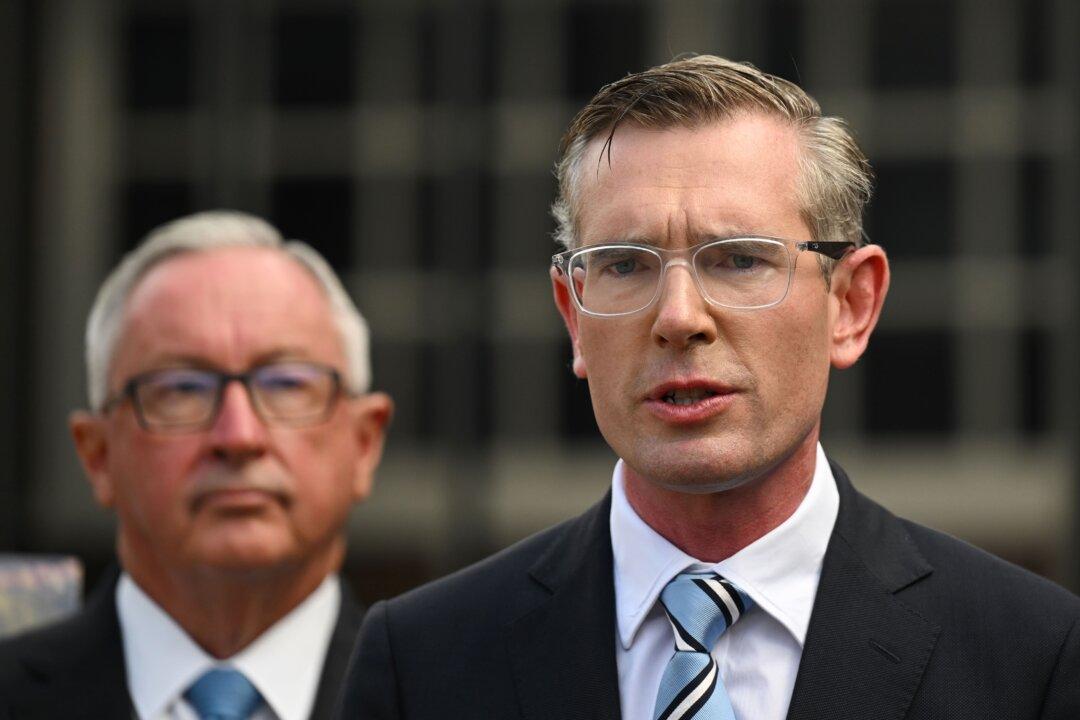Heated exchanges marked the first New South Wales (NSW) election debate as the premier and opposition leader locked horns over big issues facing Australia’s most populous state.
Voters of NSW will take to the polls on March 25 to decide whether they want to keep the centre-right Coalition, which has governed the state for 12 years or hand over the reins of power to the centre-left Labor Party.
On the morning of Feb. 9, Premier Dominic Perrottet and Labor leader Chriss Minns kicked off the debate at the studios of Sydney’s 2GB Radio, discussing issues like healthcare, infrastructure, nurse wages, cost of living, and education.
Following a rather polite opening, the opposition leader dived right in and questioned the premier on the NSW health system crisis, saying 100,000 people were on the elective surgery waiting list.




